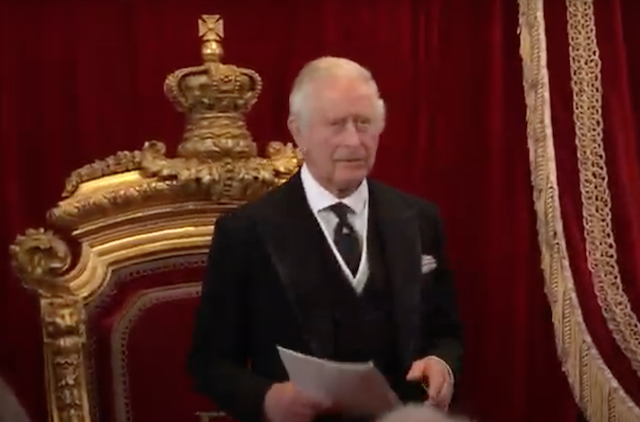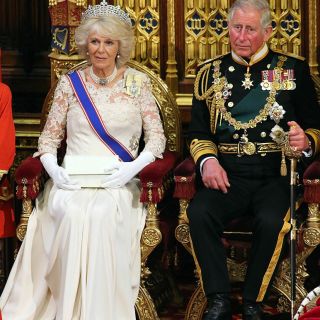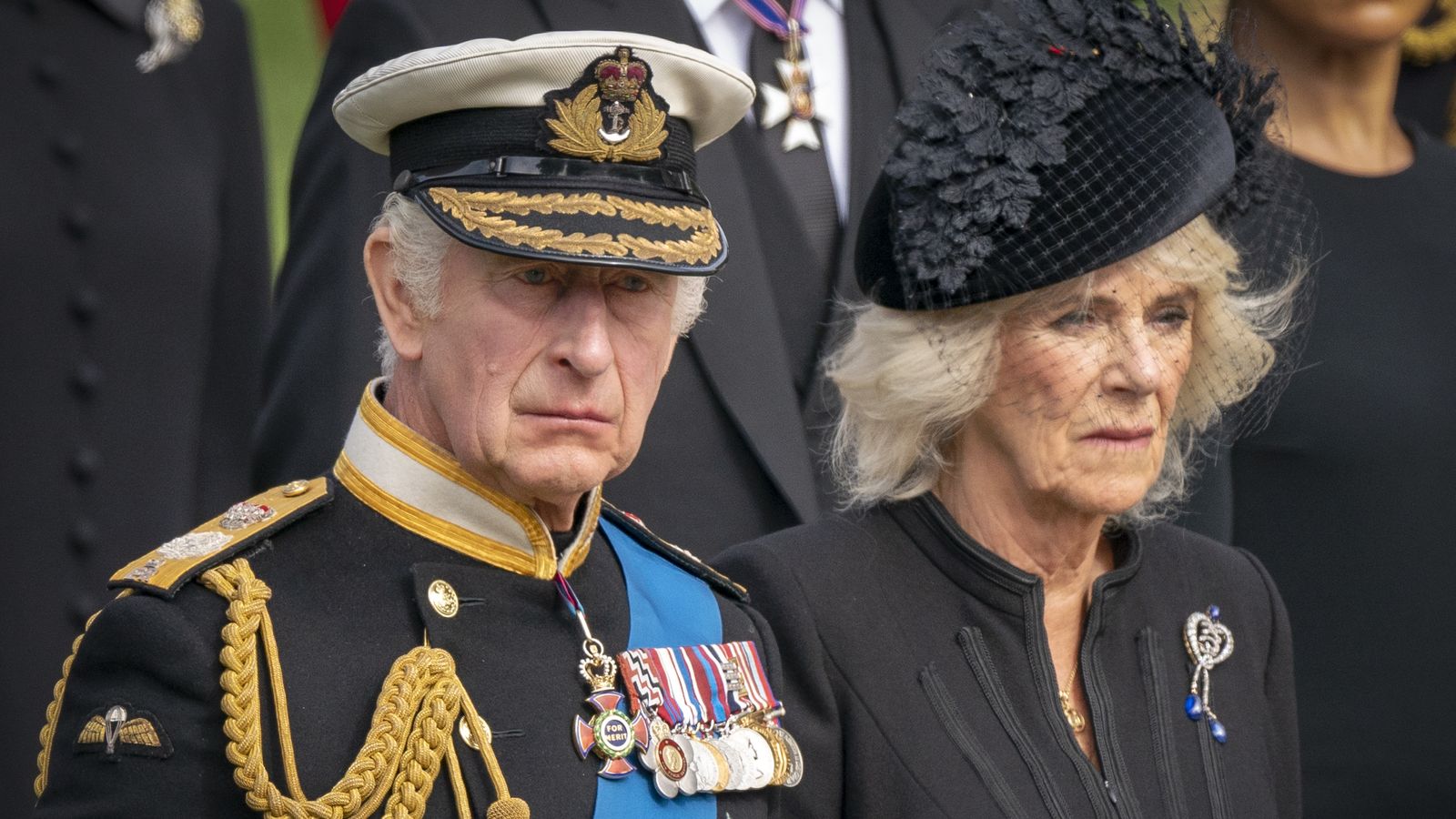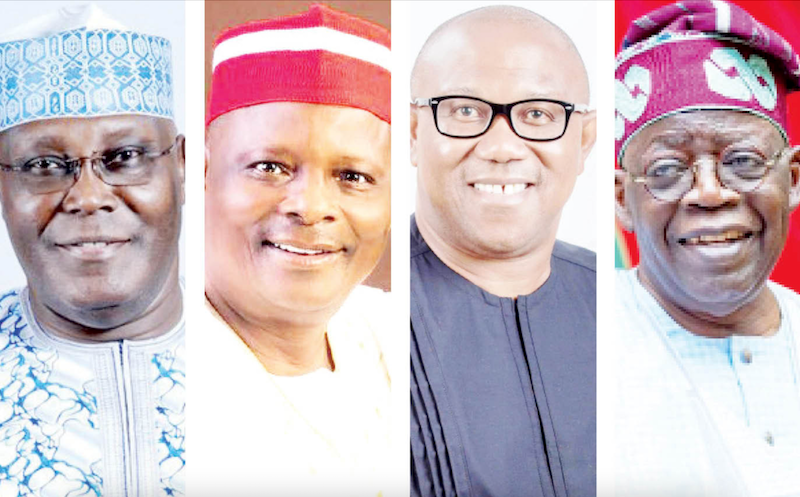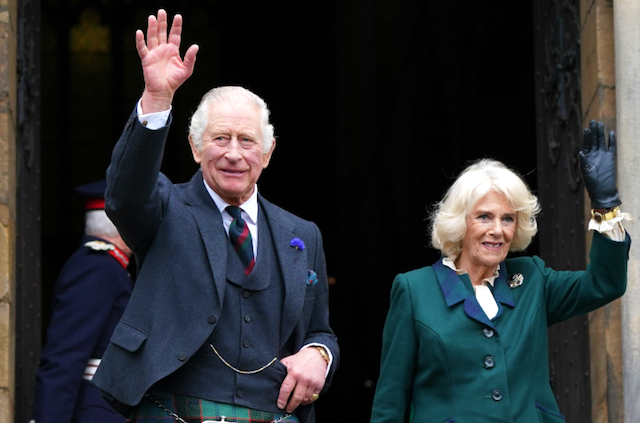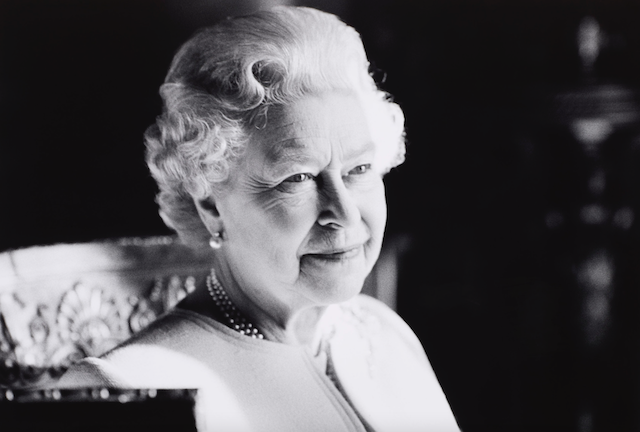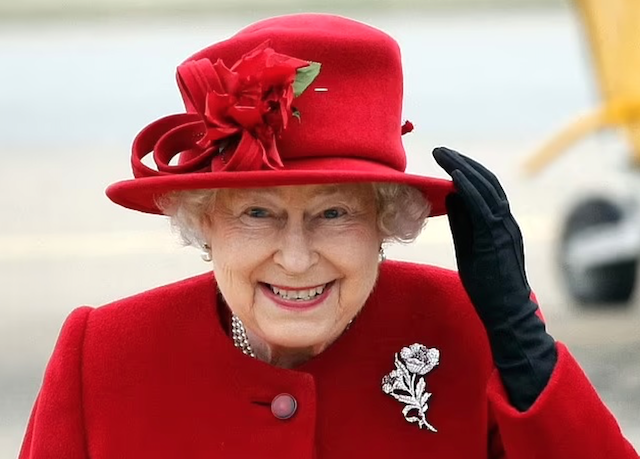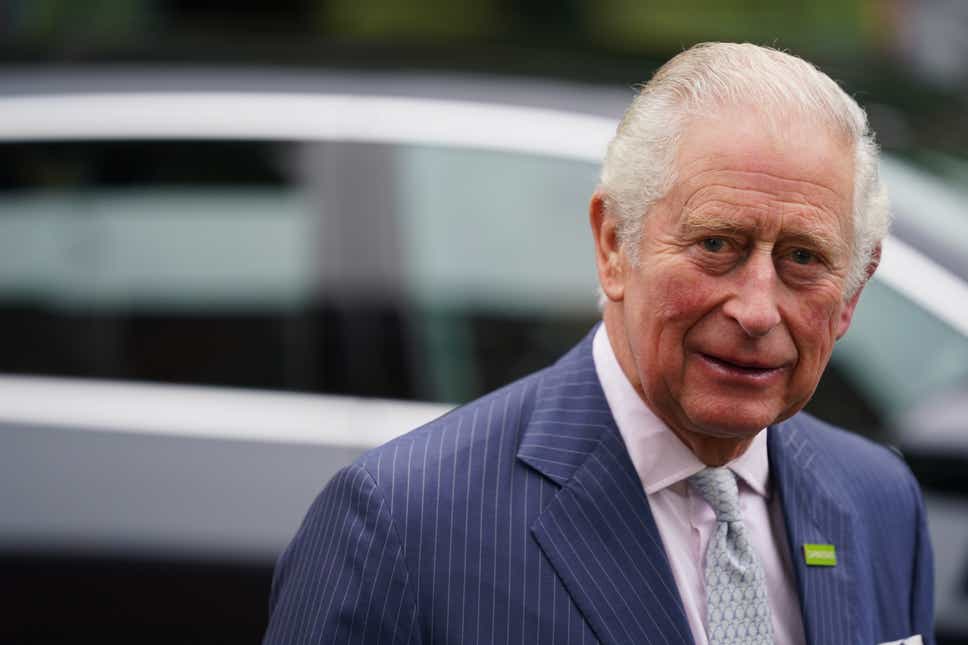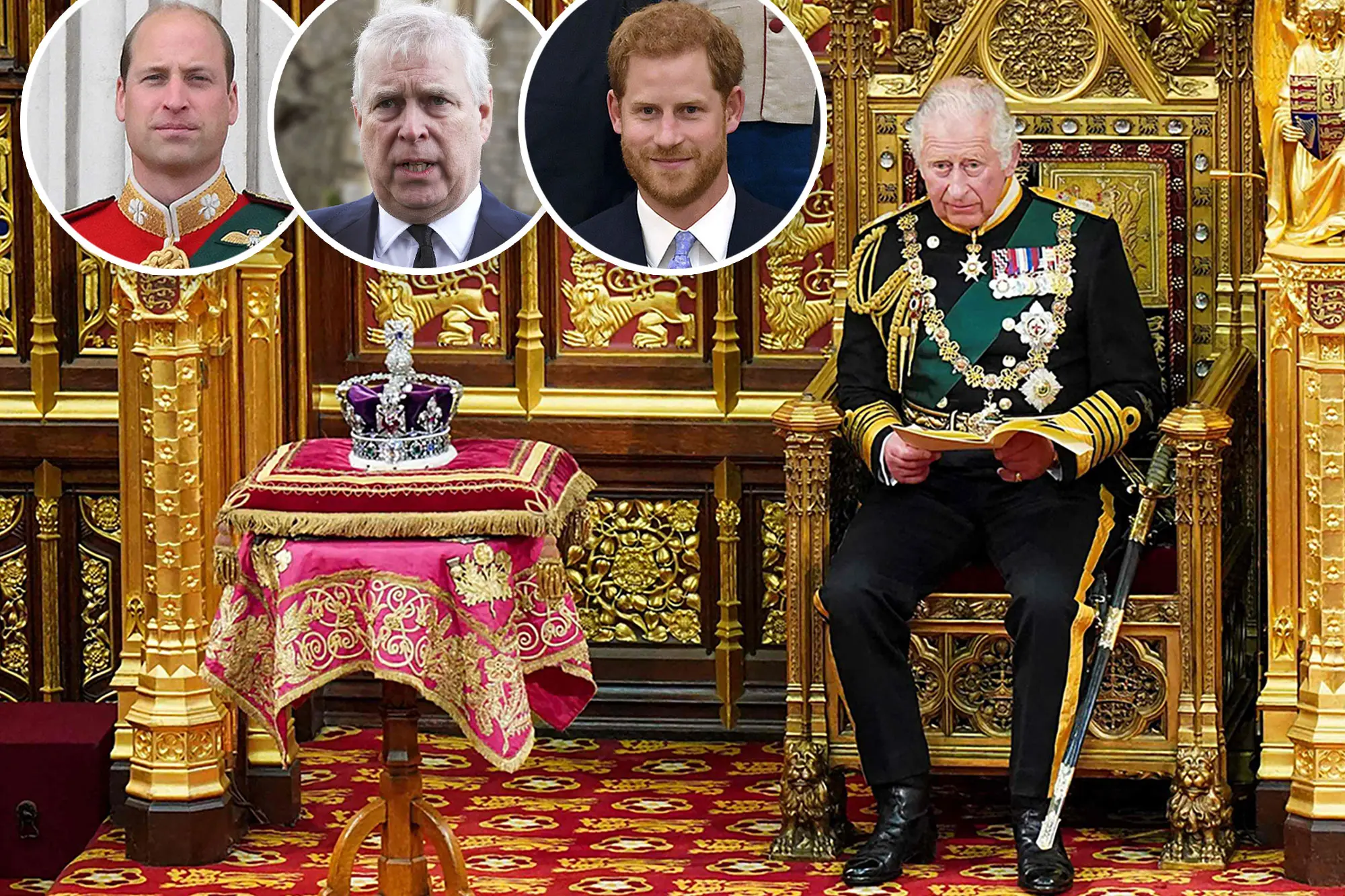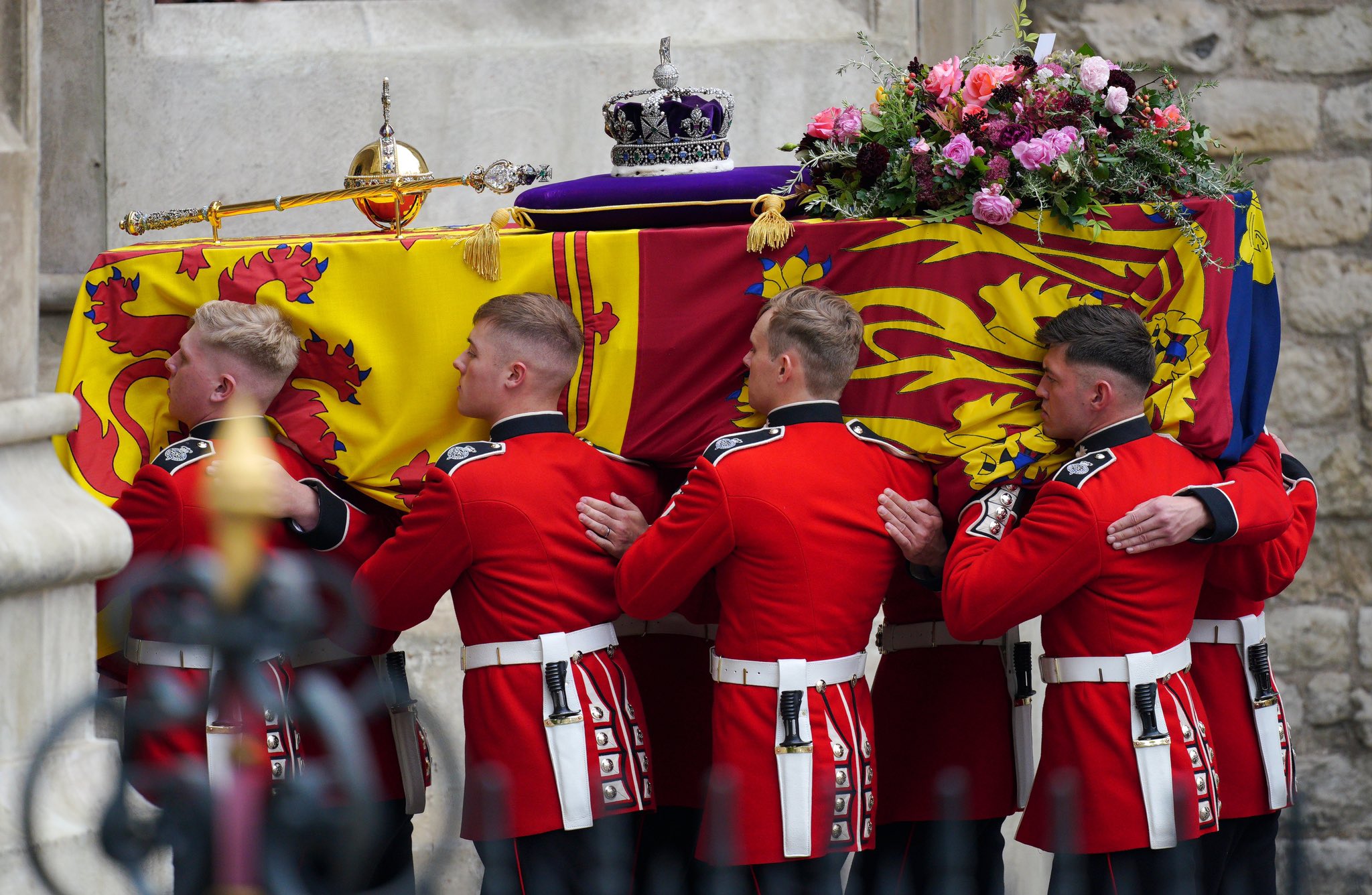A balcony appearance at Buckingham Palace, a concert featuring global stars and a day of volunteering will all form part of celebrations for the King Charles III’s coronation.
The palace has revealed new details on plans for events that will take place over the coronation weekend from Saturday May 6 to Monday May 8.
The coronation of the king and queen consort will take place at Westminster Abbey on the Saturday morning, conducted by the archbishop of Canterbury.
According to the palace it will be “a solemn religious service, as well as an occasion for celebration and pageantry.”
The service will “reflect the monarch’s role today and look towards the future, while being rooted in longstanding traditions and pageantry.”
Charles and Camilla will arrive at the abbey in procession from Buckingham Palace, known as “the king’s procession,” and after the service they will return to the palace in a larger ceremonial procession, known as “the coronation procession,” joined by other members of the royal family.
At the palace, Charles and Camilla will be joined by family members on the balcony to conclude the day’s ceremonial events.
The palace has not said exactly which family members will appear in the coronation procession or on the balcony.
Sunday will see “global music icons and contemporary stars” descend on Windsor Castle for the coronation concert which will be broadcast live on the BBC.
Several thousand members of the public will be selected to receive a pair of free tickets through a national ballot held by the BBC.
The audience will also include volunteers from the king and queen consort’s charity affiliations.
The show will feature a world-class orchestra playing interpretations of musical favourites fronted by “some of the world’s biggest entertainers, alongside performers from the world of dance,” the palace said.
The performances will be supported by staging and effects located on the castle’s east lawn and will also include a selection of spoken word sequences delivered by stars of stage and screen.
The Coronation Choir, a diverse group that will be created from the nation’s keenest community choirs and amateur singers from across the UK, such as refugee choirs, NHS choirs, LGBTQ+ singing groups and deaf signing choirs, will also make an appearance.
A new documentary exploring the formation of The Coronation Choir will tell the stories of the people representing the many faces and voices of the country.
The Coronation Choir will appear alongside The Virtual Choir, made up of singers from across the Commonwealth, for a special performance on the night.
The palace said the centrepiece of the coronation concert, dubbed “lighting up the nation,” will see the country join together in celebration as landmarks across the UK are lit up using projections, lasers, drone displays and illuminations.
Meanwhile, people are invited to gather for a “coronation big lunch” on Sunday, overseen and organised by the Big Lunch team at the Eden Project.
The queen consort has been patron of the Big Lunch since 2013.
The palace said thousands of events are expected to take place in streets, gardens and parks in every corner of the UK.
Monday, a bank holiday, has been set aside for volunteering and is being billed as “the big help out.”
Organized by The Together Coalition and a wide range of partners such as The Scouts, the Royal Voluntary Service and faith groups from across the UK, the big help out aims to highlight the positive impact volunteering has on communities.
The palace said in tribute to the king’s public service, the big help out “will encourage people to try volunteering for themselves and join the work being undertaken to support their local areas.”
The aim of the day is to use volunteering to bring communities together and create a lasting volunteering legacy from the coronation weekend.
The Department for Digital, Culture, Media and Sport (DCMS) said tens of thousands of people are expected to visit London to experience the coronation.
Culture Secretary Michelle Donelan said the coronation is “a huge milestone in the history of the UK and Commonwealth,” adding that the weekend of events will bring people together to celebrate “the mixture of tradition and modernity, culture and community that makes our country great.”
Arrangements for the coronation, like those for queen Elizabeth II’s funeral in September, will be diplomatically sensitive, given the likely presence of leaders from scores of different countries.
It could also pose difficulties for the royal family following the release of Prince Harry’s controversial memoir, with a question mark over whether Harry and wife Meghan will be among those attending.
During an interview with Tom Bradby on ITV, Harry was asked if he will come to the coronation if he is invited, and he said: “There’s a lot that can happen between now and then.
“But, you know, the door is always open.
“The – the ball is in their court.
“There’s a lot to be discussed and I really hope that they can – that they are willing to sit down and talk about it, because there’s a lot that’s happened in six years.
“And prior to that as well.”
Meanwhile, the scale of the event could be even larger than the queen’s funeral in September, partly because overseas leaders will have more time to plan their travel.
The funeral saw leaders from most countries receive an invitation.
But representatives from Russia, Belarus, Myanmar, Syria, Venezuela, and Afghanistan were not invited, while Iran, North Korea and Nicaragua were invited only at ambassadorial level.
The government has already launched a consultation on extending pub opening hours throughout the coronation weekend.
That could mean pubs in England and Wales being allowed to stay open until 1 am on the Friday, Saturday, and Sunday nights.
